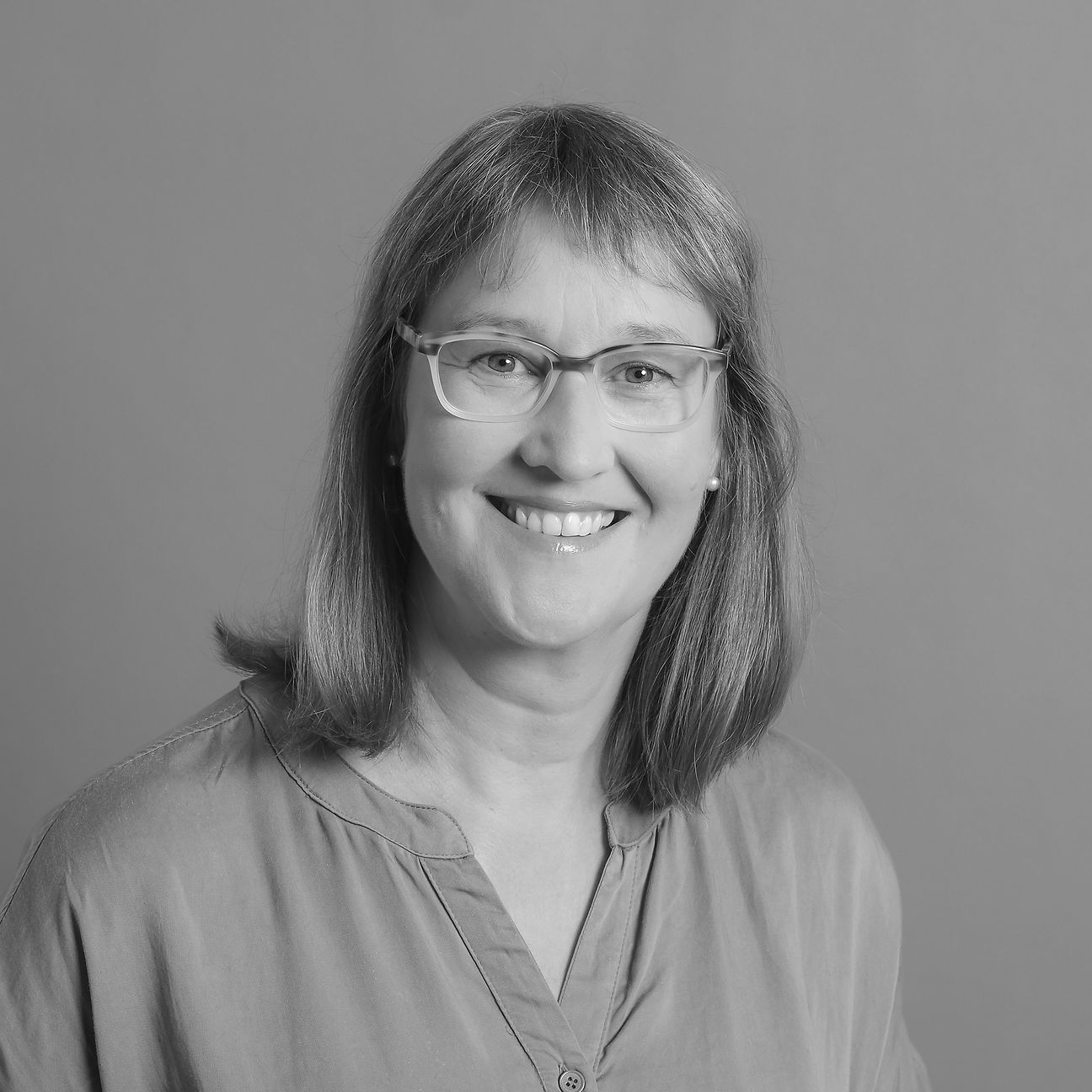IoT in the boiler: Stadtsiedlung Heilbronn achieves more efficient and greener heating
- Digitalization of over 120 heating systems at Stadtsiedlung Heilbronn
- Upgrade with IoT technology from metr and connectivity from Deutsche Telekom
- Benefits for the environment and the wallet: reduced energy consumption and lower heating costs
Deutsche Telekom and metr, a provider of smart building solutions, are digitalizing over 120 heating systems in multifamily residences of Stadtsiedlung Heilbronn GmbH. metr's manufacturer-independent IoT solution enables remote monitoring and fully automatic optimization of the systems. Operating data is securely transmitted to the metr platform via Deutsche Telekom's mobile connectivity, reducing energy consumption and CO2 emissions. Tenants of Stadtsiedlung Heilbronn benefit from lower heating costs, and operating processes become more efficient.
Retrofitting instead of building new: Digitalization for all heating systems
According to Heizspiegel (in German), 90 percent of households in Germany can save on heating costs. Potential savings amount up to 21 billion euros and 46 million tons of CO2 annually. This accounts for more than a third of emissions in the building sector. The project at Stadtsiedlung Heilbronn covers multifamily residences built between 1921 and 2018, featuring various heating systems from different manufacturers. These include primarily gas systems, as well as systems that utilize heat from combined heat and power plants and heat pumps. Older systems are retrofitted, while modern systems have the heating controller connected directly. The solution will be ready for use in time for the 2025/2026 heating season.
"Together with Deutsche Telekom, we are actively advancing the digitalization and decarbonization of the building sector. Many heating systems consume excessive energy, often due to improper operating settings or faulty outside temperature sensors. Our digital solutions provide transparency and enhance the efficiency of existing, often very heterogeneous heating systems. In this way, we help our customers reduce energy consumption and CO2 emissions, without the need for costly energy-efficient renovations," says Dr. Franka Birke, CEO of metr.
20 percent less energy consumption – thanks to IoT
metr's remote monitoring utilizes the Internet of Things (IoT) to oversee heating systems. It provides transparency regarding the operating status of the systems and detects faults and incorrect settings early on. Sensors collect relevant data, such as temperature and energy consumption. A so-called IoT gateway securely transmits the operating data to the metr platform, acting as an interface between sensors and the cloud, equipped with SIM cards from Deutsche Telekom. The metr platform is hosted on the highly secure Open Telekom Cloud in Germany.
On the metr platform, a machine learning algorithm analyzes the data in real time. The fully automatic heating optimization also considers weather forecasts and other external factors. It increases efficiency and saves up to 20 percent in energy consumption. A central dashboard allows operators to monitor and optimize the systems based on data, with fault notifications sent via e-mail. The system promotes resource-saving operation and maintenance of the heating systems, extends their service life, and contributes to maintaining the value of the building.
"The digitization of our heating systems is a crucial step towards greater sustainability through efficiency. The technology enables optimally controlled operation and maintenance of our systems, reducing malfunctions and helping to prevent CO2 emissions. In the long term, our tenants will benefit from lower consumption and a more environmentally friendly living environment," says Dominik Buchta, Managing Director of Stadtsiedlung Heilbronn.
From funding to progress
"Efficient energy use starts with transparency. With our reliable connectivity and IoT technology, we transform buildings into a smart buildings that can be intelligently managed and monitored. In this way, we actively support the real estate industry on its path to a sustainable and climate-friendly future," says Benjamin Bastians, Chief Commercial Officer of Deutsche Telekom IoT.
The digitization project of Stadtsiedlung Heilbronn was funded by Germany’s “Federal Grant Programme for Efficient Buildings”. Deutsche Telekom assists companies, municipalities, and schools in using subsidies for digitization, energy efficiency and renewable energy. The offer ranges from advising on suitable programs to submitting applications with the help of the network of experts.
About Deutsche Telekom: Deutsche Telekom at a glance



